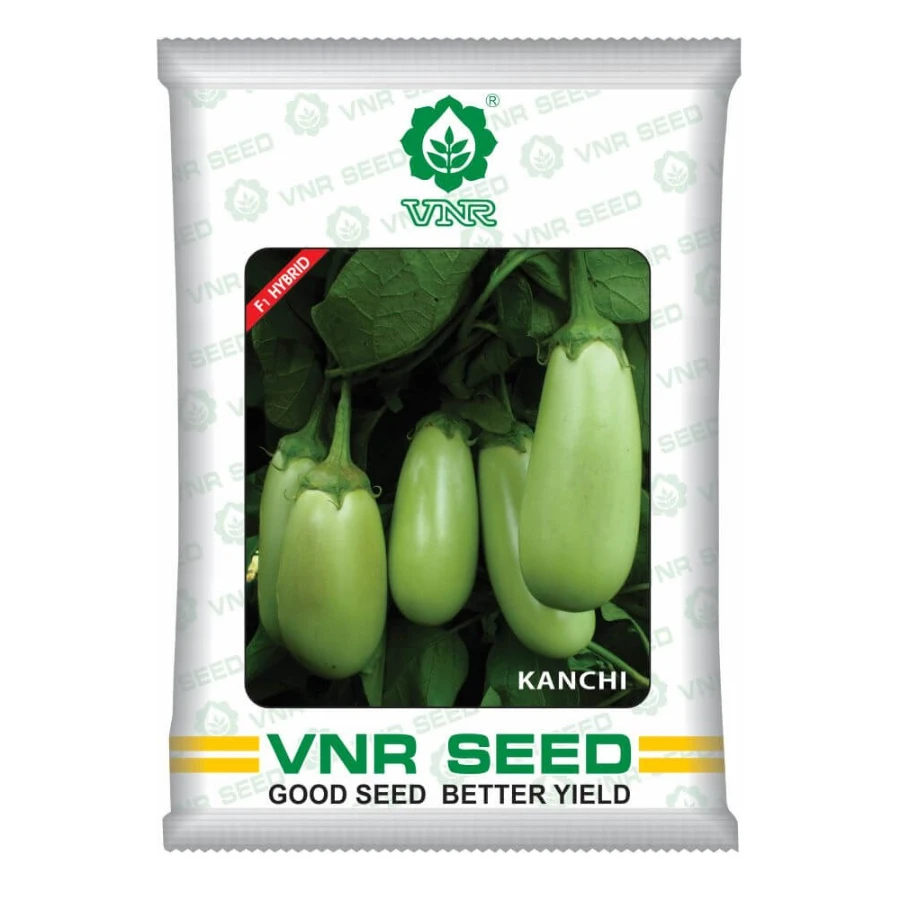
VNR Kanchi F1 Hybrid Brinjal Seeds, Oval Shape, High Yield & Light Green Fruits
2% Off
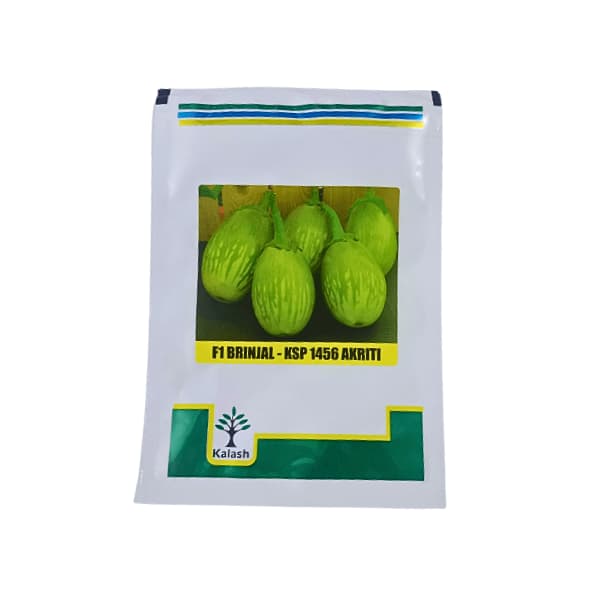

| Brand: | Kalash Seeds Pvt. Ltd. |
| Product Code: | 10362 |
| Country of Origin: | India |
| Category: | Seeds |
| Sub Category: | VEGETABLE |
| Sub Sub Category: | BRINJAL |

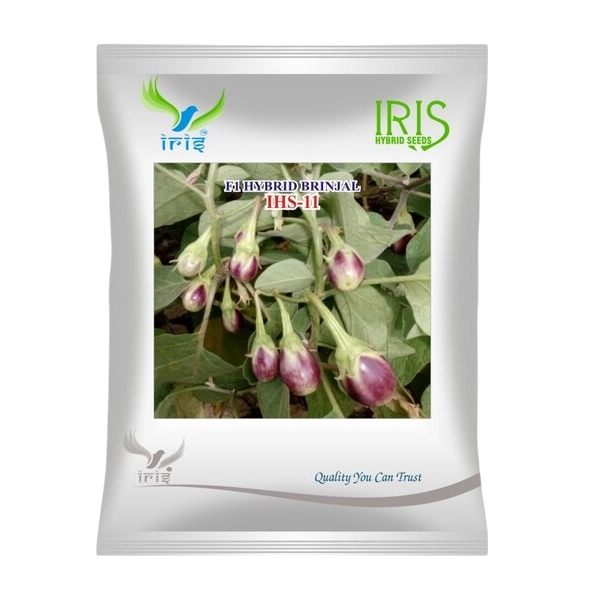
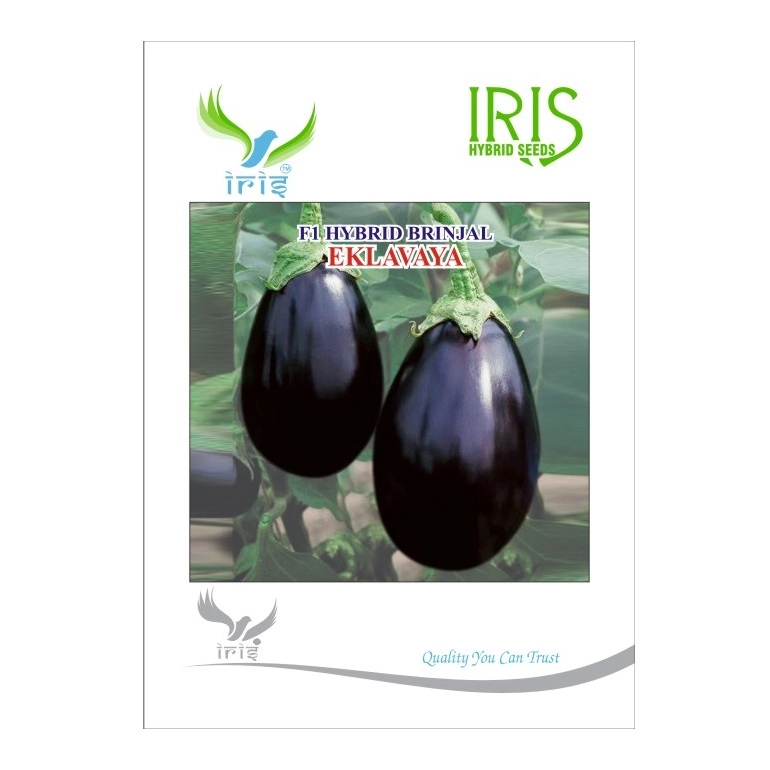
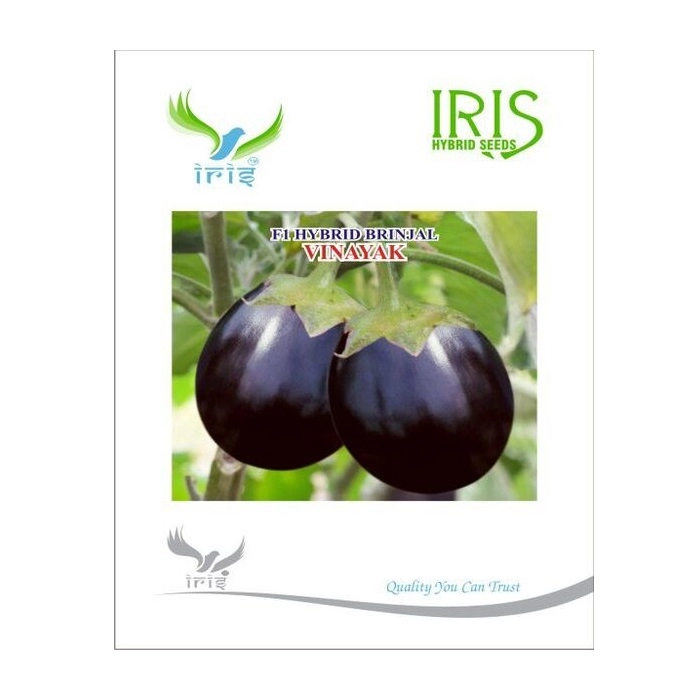
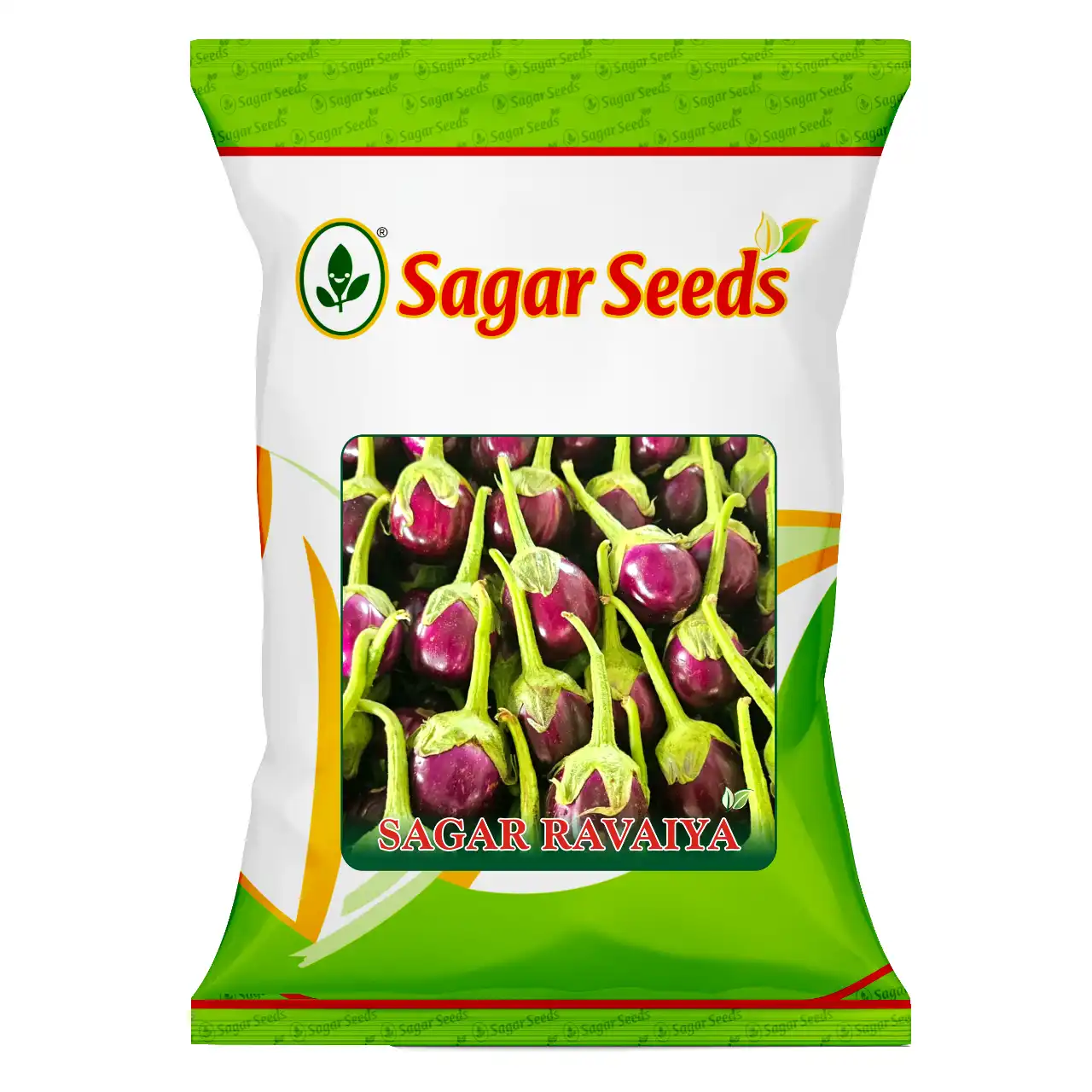
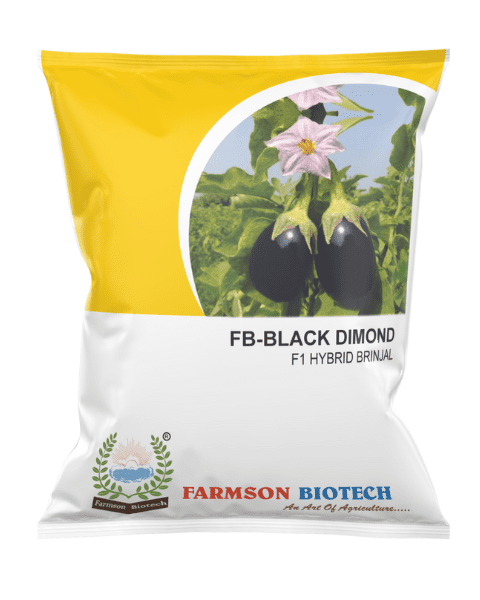
No reviews yet. Be the first to review this product!